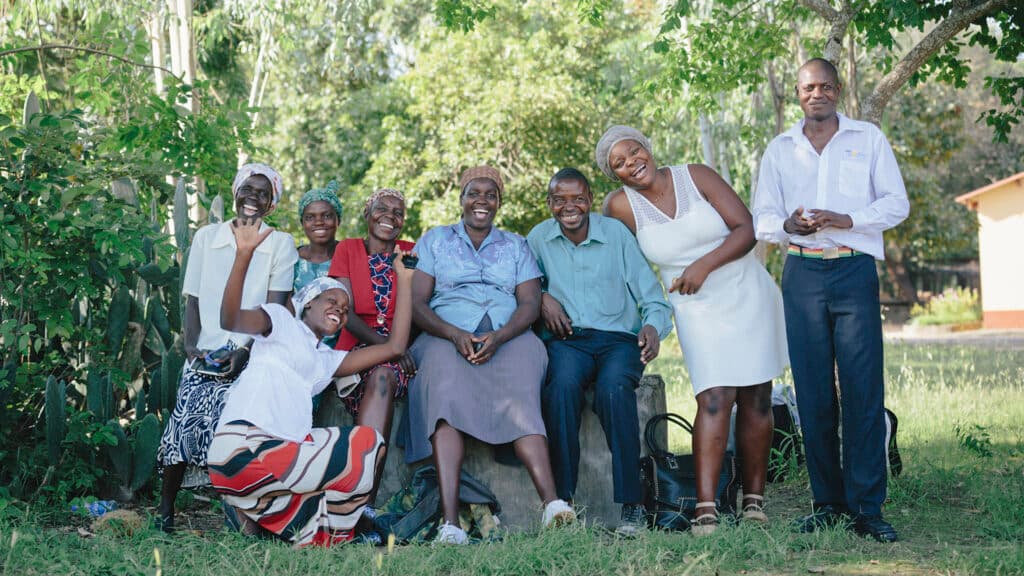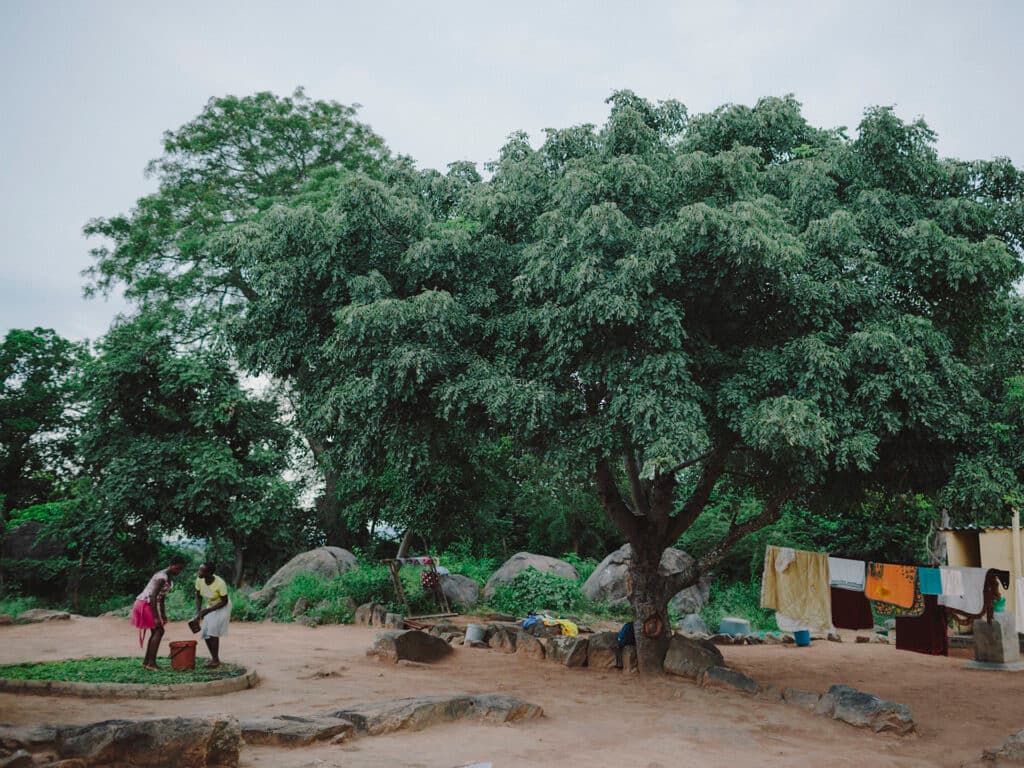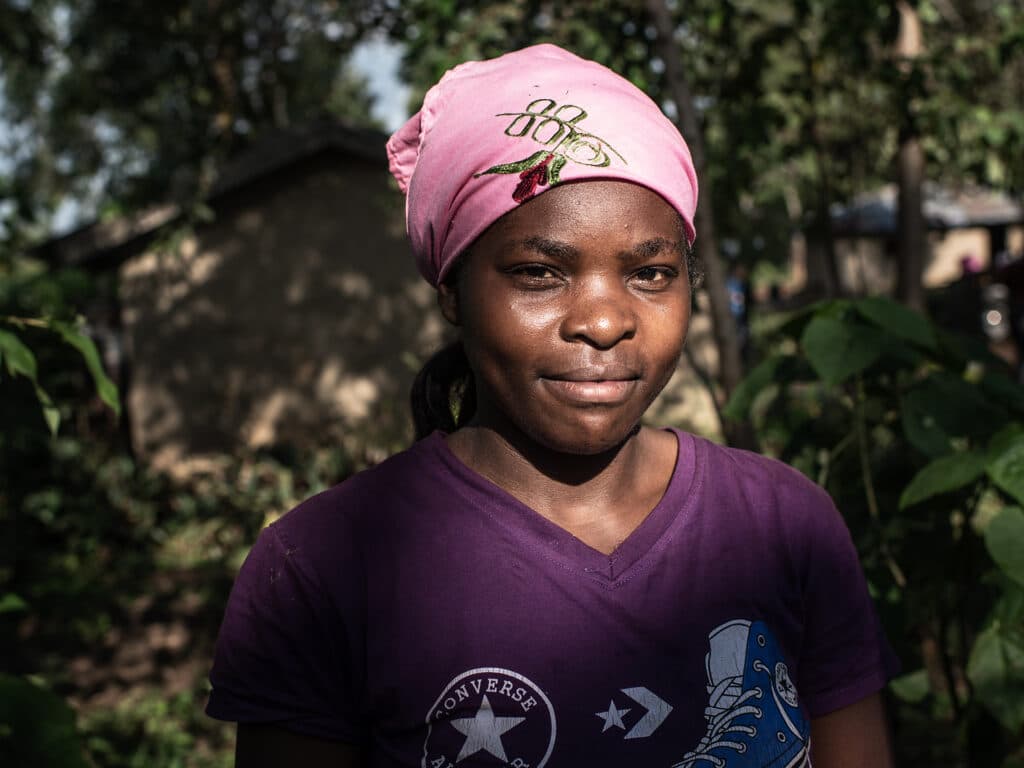
Uganda
Diakonia works in the northern and north eastern Uganda, mainly in the Karamoja and Acholi regions. We focus on voicegiving, promoting active citizenship, as well as the protection and realisation of the human rights and the dignity of marginalised girls, boys, women and men. Diakonia also works with national civil society organizations to conduct strategic evidence based advocacy.
Thematic areas
The respect for human rights in Uganda has advanced significantly since the mid-1980s. There are, however, numerous areas which continue to attract concern. The civil war that plagued the northern parts of the country for more than 20 years displaced more than 1.6 million people. Although the civil war has ended, the fighting between the rebels and the Ugandan army has left deep wounds in the Ugandan society.
Communities are struggling with issues related to the return of the Acholi people from the internally displaced people’s camps as well as the numerous land and gender based conflicts, coupled with a breakdown of the traditional mechanisms for resolving clan conflicts. In Karamoja, the silent conflict though greatly reduced in scale has left wounds on the communities. The high illiteracy, especially among girls and women, perpetuate negative cultural practices like female genital mutilation (FGM).
The northern parts of the country are slowly beginning to recover, but it is a process that takes time and which involves investing people in re-energising communities and re-building their confidence and awareness on their rights and responsibilities. It also involves rebuilding cultural institutions, revitalising the local economies, empowering girls, boys, women and men with education, literacy and skills, as well as promoting the healing process from physical and psychological traumas.
Our process
In Uganda, Diakonia cooperates with fourteen civil society organizations to promote active citizenship as a means of improving the living status and living conditions of people living in poverty in Uganda. Our work currently focuses on:
- The analysis of bills, policies and laws regarding human rights as a basis for advocacy
- The empowerment of women and youth as active citizens economically, culturally and politically
- Livelihoods as well as psychological and legal support to survivors of conflict and gender based violence
- Building strong and resilient communities, and strengthening CSOs
- Information dissemination regarding human rights
Nomadic tribe
With emphasis on capacity building, Diakonia supports civil society organizations in their efforts to improve the living standards of the most marginalized and vulnerable population, and change the structures that create poverty. The nomadic people of the Karamoja region in northern Uganda are among the most marginalised.
LGBTI people and women
The discrimination of women and LGBTI people continue with the slow implementation of necessary laws to protect these groups. Diakonia works with several women's organizations to strengthen women's participation in society and make them aware of their rights. An anti-homosexuality bill that seeks to further criminalise all LGBTI actions and persons has been lying in parliament awaiting tabling. If passed, the law could see multitudes of LGBTI persons prosecuted for being who they are.
For more information:
Irene Maina, Country Director Uganda
E-mail: irene.maina@diakonia.se
Phone: +254 0720 295 666


